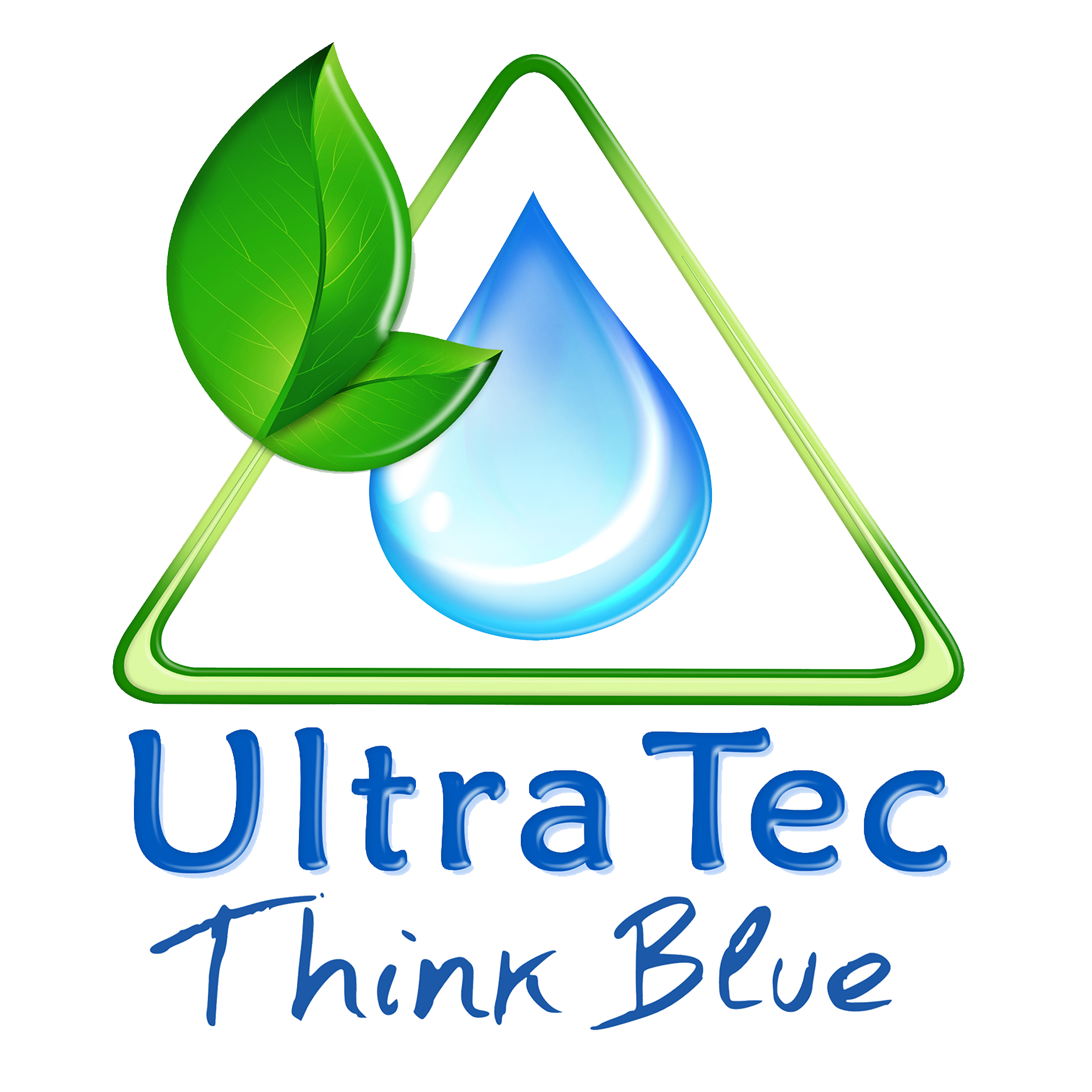The Best Sea Water Desalination Company in the UAE:
In regions where access to freshwater is limited, seawater desalination has emerged as a vital solution to meet growing water demands. Among the key players in implementing this technology are RO (reverse osmosis) plant water treatment companies. Let’s delve into the process of seawater desalination and understand the crucial role these companies play.
Understanding Sea Water Desalination:
Seawater desalination is the process of removing salt and other impurities from seawater to make it suitable for human consumption and various industrial applications. One of the most effective methods for desalination is reverse osmosis, which utilises semi-permeable membranes to separate salts and minerals from water molecules.
Challenges and Innovations:
Desalination presents unique challenges, including high energy consumption, environmental concerns, and maintenance requirements. However, RO plant water treatment companies continuously innovate to address these challenges. They develop energy-efficient systems, explore alternative energy sources, and implement sustainable practices to minimise environmental impact while maximising efficiency.
Benefits of Sea Water Desalination:
- Increased Water Supply: Desalination provides access to a virtually limitless supply of sea water, reducing reliance on finite freshwater sources.
- Drought Resilience: Desalination plants can operate independently of rainfall and surface water availability, making them valuable assets in regions prone to drought.
- Water Security: Desalination enhances water security by diversifying water sources and ensuring a reliable supply of potable water for communities and industries.
- Economic Opportunities: Desalination projects create employment opportunities and stimulate economic growth through investment in infrastructure and technology.
Looking Towards the Future:
As global water scarcity becomes more pronounced, the demand for seawater desalination is expected to rise. RO plant water treatment companies will continue to play a pivotal role in meeting this demand sustainably. Through ongoing research, innovation, and collaboration, they will drive advancements in desalination technology and contribute to ensuring water security for future generations.
In Conclusion:
Seawater desalination represents a promising solution to address water scarcity challenges in water-stressed regions worldwide. RO plant water treatment companies stand as key players in implementing this technology, leveraging innovation and expertise to make sea water desalination a viable and sustainable option for meeting growing water demands.
At RO PLANT Water treatment company, we are committed to excellence in seawater desalination solutions. Contact us to learn more about our RO plant water treatment services and how we contribute to ensuring access to clean, safe, and sustainable water for communities and industries around the globe.
FAQs
What is water treatment?
Water treatment refers to the process of removing contaminants, impurities, and pollutants from water to make it suitable for various uses, including drinking, industrial processes, and agriculture.
Why is water treatment important?
Water treatment is important for ensuring access to clean and safe drinking water, protecting public health, safeguarding the environment, and supporting sustainable development.
What are the common contaminants found in water?
Common contaminants found in water include bacteria, viruses, parasites, heavy metals (such as lead and mercury), pesticides, chemicals, and sediment.
What are the different methods of water treatment?
Different methods of water treatment include filtration, disinfection (such as chlorination and UV treatment), sedimentation, coagulation, flocculation, reverse osmosis, and ion exchange.
How does reverse osmosis (RO) work in water treatment?
Reverse osmosis is a water purification process that uses a semipermeable membrane to remove ions, molecules, and larger particles from water. It works by applying pressure to overcome osmotic pressure, allowing water molecules to pass through the membrane while contaminants are left behind.
What are the benefits of using water treatment systems at home?
Benefits of using water treatment systems at home include improved water quality, removal of contaminants, better taste and odor, protection against waterborne diseases, and reduced reliance on bottled water.
How often should water treatment systems be maintained?
Water treatment systems should be maintained regularly according to manufacturer’s recommendations. This may include replacing filters, disinfecting components, checking for leaks, and ensuring proper system operation.
Are there any health risks associated with untreated water?
Yes, untreated water can pose various health risks, including bacterial infections, gastrointestinal illnesses, exposure to toxins and chemicals, and long-term health effects from heavy metal exposure.
Can water treatment systems remove all contaminants from water?
While water treatment systems can effectively remove many contaminants, they may not remove all contaminants completely. It’s important to choose the appropriate treatment method based on the specific contaminants present in the water.
How can I determine if my water needs treatment?
You can determine if your water needs treatment by conducting water quality testing through a certified laboratory or using water testing kits. Testing can identify contaminants and help determine the appropriate treatment method.

